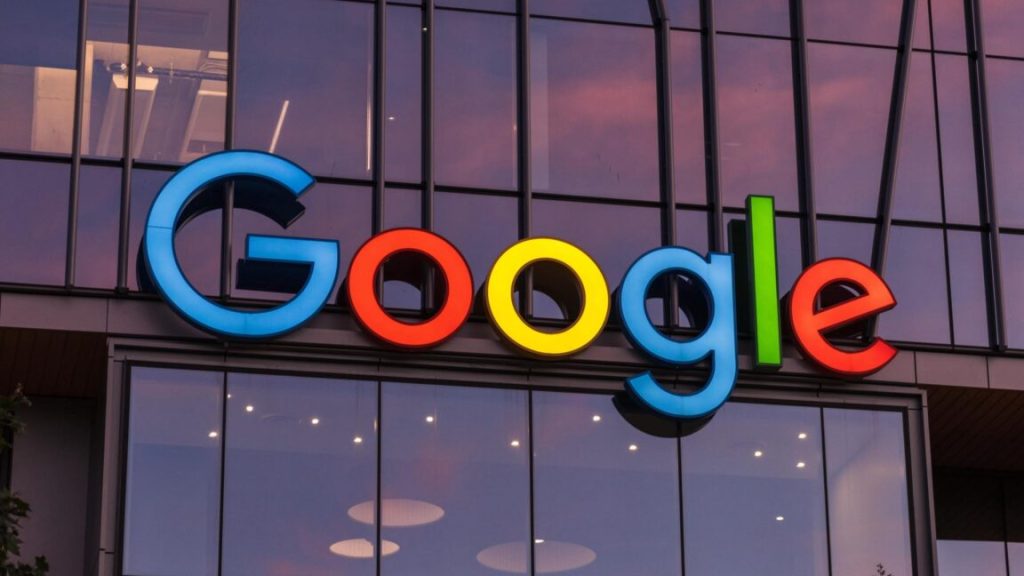Under the terms, Google agrees to implement a system in the next version of Android that will give third-party app stores a way to become officially registered as an application source. These “Registered App Stores” will be installable from websites with a single click and without the alarming warnings that accompany traditional sideloads. Again, this will be supported globally rather than only in the US, as the previous order required.
The motion filed with the court doesn’t include much detail on how Registered App Stores will operate once installed. Given Epic’s aversion to the scare screens that appear when sideloading apps, installs managed by registered third-party stores may also be low-friction. The Play Store can install apps without forcing the user to clear a bunch of warnings, and it can update apps automatically. We may see similar capabilities for third parties once Google adds the promised support in the next version of Android.
This is the kind of “friction” the settlement would avoid.
Credit:
Ryan Whitwam
This is the kind of “friction” the settlement would avoid.
Credit:
Ryan Whitwam
Importantly, Google is allowed to create “reasonable requirements” for certifying these app stores. Reviews may be carried out, and Google can charge fees for that process; however, the fees cannot be revenue-dependent.
The changes detailed in the settlement are not as wide-ranging as Judge Donato’s original order but still mark a shift toward openness. Third-party app stores are getting a boost, developers will enjoy lower fees, and Google won’t drag the process out for years. The parties claim in their joint motion that the agreement does not seek to undo the jury verdict or sidestep the court’s previous order. Rather, it aims to reinforce the court’s intent while eliminating potential delays in realigning the app market.
Google and Epic are going to court on Thursday to ask Judge Donato to approve the settlement, and Google could put the billing changes into practice by late this year. The app store changes would come around June next year when we expect Android 17 to begin rolling out. However, Google’s Android Canary and Beta releases may offer a glimpse of this system earlier in 2026.


